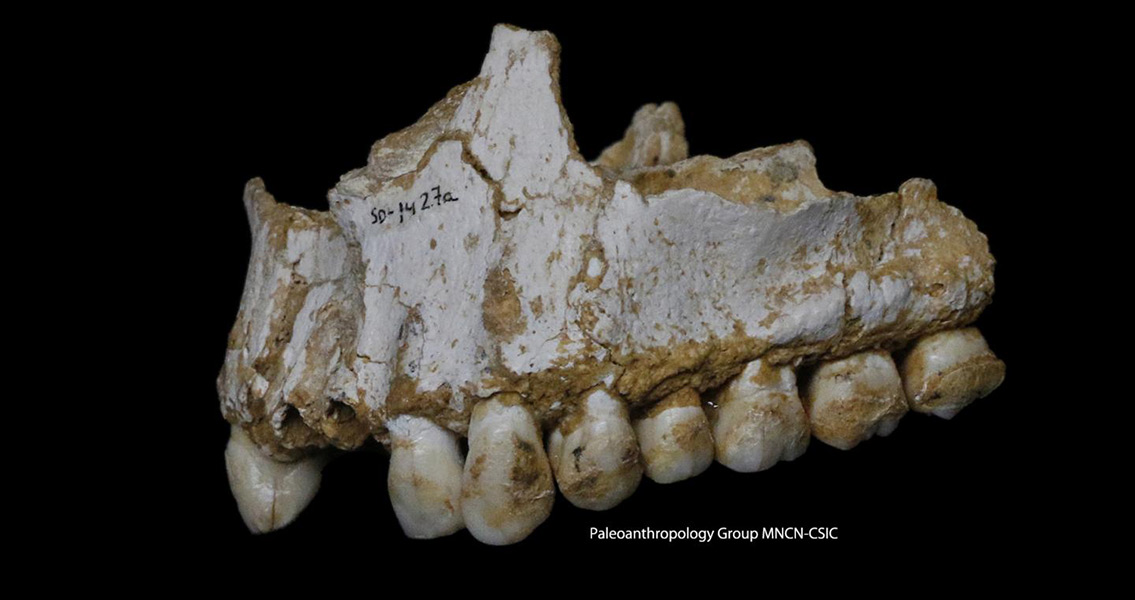<![CDATA[A new research study has revealed evidence that ancient Neanderthals used plant-based medicine to treat pain and illness, thanks to traces of DNA found in the dental plaque of our evolutionary cousins. Spearheaded by the Australian Centre for Ancient DNA and the Dental School at the University of Adelaide, an international team of researchers revealed in a recent press release the extent of their discoveries. The scientists, with assistance from the UK’s University of Liverpool, say they’ve been able to lay bare just how complex Neanderthal behavior might have been – including differences in diet between groups of Neanderthals and knowledge of plant-based medication. The key discoveries came from analysis of dental plaque samples taken from four Neanderthal remains located in cave sites in Spain and Belgium. The quartet of samples are from 42,000 to 50,000 years old, making them the oldest dental plaque samples ever subjected to DNA analysis. Dr. Laura Weyrich from the University of Adelaide explained the significance of dental plaque, stating that it has the ability to trap micro organisms that were living in the mouth, the remains of meals that might have been stuck in the teeth and even pathogens that would otherwise be found in the respiratory and gastrointestinal tract. The end result is that DNA fragments can be preserved in dental plaque for thousands of years. Dr. Weyrich added that analysis revealed details of Neanderthal life such as diet, their overall health levels, and how they adapted their behavior to the environment. It was found that Neanderthals that lived in what would one day become modern-day Belgium had a diet rich in wild mushrooms, European wild sheep and wooly rhinoceros. Meanwhile, samples taken from Neanderthals at the Spanish cave site were found to have a mostly vegetarian diet consisting of tree bark, moss, pine nuts and mushrooms. Additionally, evidence of the use of plant-based medicine was found in the Spanish Neanderthals. One clearly sick individual – suffering from an obvious dental abscess and found to have been infected with a debilitating intestinal parasite – was found to have been eating poplar, a natural source for the active ingredient in aspirin (salicylic acid). This same individual also seemed to have been dosing himself with Penicillium, a natural antibiotic mold, ostensibly in hopes of treating his infection. The researchers say that, based on this evidence, it’s fairly obvious that at least some Neanderthal communities possessed enough knowledge of medicinal plants and herbal remedies to self-medicate to some degree. What would be very surprising is the use of antibiotics, however, as it would pre-date the development of penicillin by more than 40,000 years. Either way, scientists say that the new research findings contrast highly with the idea of the “primitive” Neanderthal that’s so prevalent in modern popular culture. Other discoveries include evidence that Neanderthals and the ancient modern humans they lived alongside shared certain mouth bacteria. Genetic testing indicates that Neanderthals and our own human ancestors were in close enough proximity to swap pathogens as recently as 180,000 years ago. The recent research paper, published in the journal Nature, can be found here Image courtesy of Paleoanthropology Group MNCN-CSIC]]>
Neanderthals Used Plant-Based Medicine, Says New DNA Study
